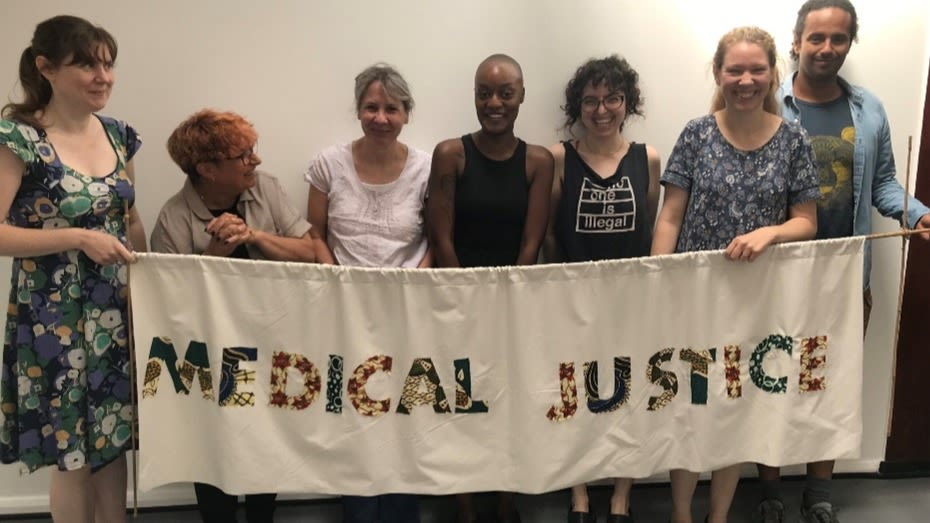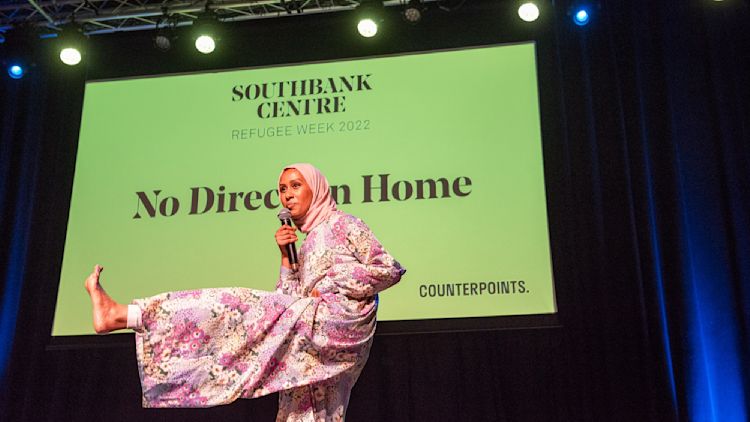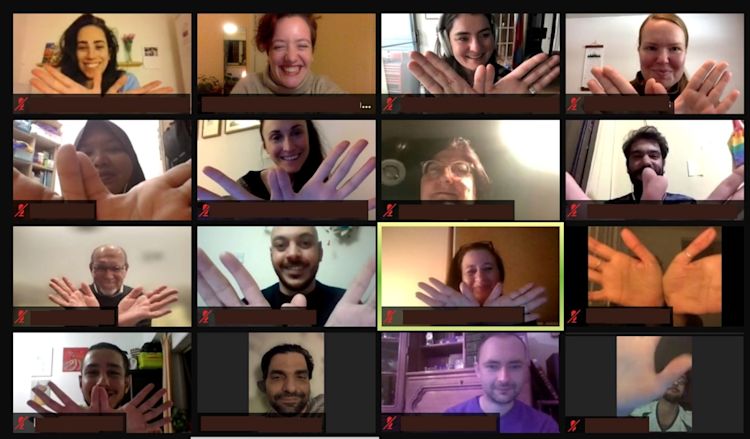
Medical Justice
Embedding Lived Experience through Traineeships
tlds; (too long didn’t scroll)
Medical Justice will shortly advertise its paid traineeship vacancy for individuals with lived experience of the immigration system, providing them with work experience to secure permanent employment within the sector and embedding their perspectives into the organisation.
Who should read this?
If you’re a charity leader or recruiter seeking to incorporate lived experience into your organisation or support individuals with lived experience, this is for you.
Why should you read this?
Taking positive action to embed lived experience in your organisation helps shift power and improves service delivery. Learning from Medical Justice’s approach can help you develop similar programs.
What’s the take-away?
Providing paid traineeships for individuals with lived experience requires extensive planning and support. Successful programmes offer living wage salaries, provide emotional and professional support, and ensure meaningful involvement in organisational activities.
What’s the story?
Medical Justice identified a recurring issue: numerous applications from individuals with lived experience for a caseworker role, but many lacked the necessary work experience. To address this, a working group including individuals with lived experience such as the vice-chair Bridget Banda designed the traineeship programme to be appropriate for committed applicants with lived experience of the immigration system but with limited employment experience. As part of this design phase, the working group conducted a scoping exercise, consulting seven organisations to understand existing practices. They found that while internships and traineeships were common, none were specifically ring-fenced for those with lived experience.
The traineeship lasts six months, part-time (3 days a week), and pays the London Living Wage. It involves participation in all aspects of casework, with support from the casework team. A key focus is ensuring safe and meaningful participation, considering the traumatic nature of the work. The trainee receives one-to-one counselling and group supervision sessions with clinical psychologists.
The program also includes exposure to other areas such as policy, advocacy, research, fundraising, and clinical work. This comprehensive approach allows the trainee to understand how different roles contribute to the organisation’s mission.
What's the impact?
The initiative aims to increase the level of lived experience within Medical Justice and provide the trainee with ‘a foot in the door’ for the future: the traineeship serves as a pathway to employment, either within Medical Justice or in the broader sector.
What should you do next?
You can read further stories of good practice here. You can also follow and get in touch with Medical Justice to learn more here(opens in new window). As a charity leader, consider how you can integrate lived experience into your organisation and explore the benefits of offering similar traineeship programs.


